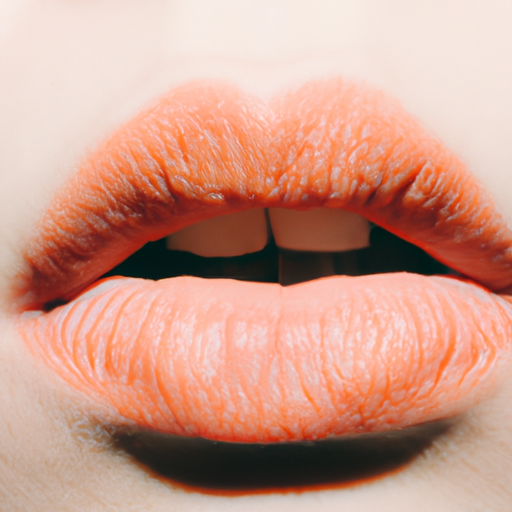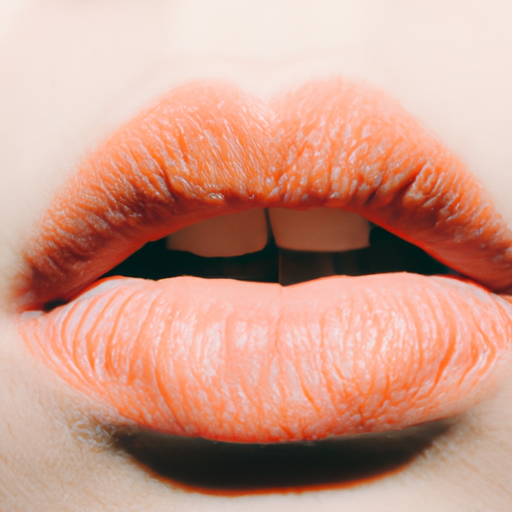Chapped lips, also known as cheilitis, is a common condition that affects people of all ages. It is characterized by dry, flaky, and sometimes painful lips. While it may seem like a minor inconvenience, it can be quite bothersome and even lead to more serious complications if not addressed properly. As an expert in dermatology, I aim to unveil the mystery behind chapped lips and provide insights on how to prevent and treat this condition.
The skin on our lips is thinner and more delicate than the skin on other parts of our body. It lacks the protective outer layer (stratum corneum) and oil glands that keep our skin moisturized. Therefore, our lips are more susceptible to environmental factors such as cold weather, wind, and dry air, which can strip away the natural moisture leading to chapped lips.
Moreover, certain lifestyle habits can exacerbate the problem. Dehydration, for instance, can cause your lips to dry out. It’s essential to drink plenty of water throughout the day to keep your body and lips hydrated. Similarly, licking your lips can also lead to chapping. While it might provide temporary relief, it eventually dries out your lips even more as the saliva evaporates.
In addition to environmental factors and lifestyle habits, certain medications and health conditions can also cause chapped lips. For example, medications like retinoids and chemotherapy drugs can lead to dryness and peeling of the skin, including the lips. Health conditions such as vitamin deficiencies, thyroid disorders, and autoimmune diseases can also result in chapped lips.
Understanding the causes of chapped lips is the first step towards prevention and treatment. Here are some expert tips to help you keep your lips healthy and hydrated:
1. Stay Hydrated: Drink plenty of water throughout the day to maintain hydration in your body and lips.
2. Use a Lip Balm: Apply a lip balm or ointment that contains ingredients like beeswax, petroleum jelly, or ceramides. These ingredients create a seal on your lips that locks in moisture and protects them from environmental factors.
3. Avoid Lip Licking: Try to break the habit of licking your lips. As mentioned earlier, this can dry out your lips more.
4. Use a Humidifier: A humidifier can help add moisture to dry indoor air, helping to prevent your lips from drying out.
5. Protect Your Lips: If you’re going outside in cold or windy weather, cover your lips with a scarf or a hat with a wide brim to protect them from the elements.
6. Eat a Balanced Diet: Deficiencies in certain vitamins, such as B vitamins, can lead to chapped lips. Ensure you’re eating a balanced diet that includes plenty of fruits, vegetables, whole grains, and lean proteins.
If despite following these tips, your chapped lips persist or become severely cracked or painful, it’s important to seek medical attention. Persistent chapped lips could be a sign of an underlying health condition that needs to be addressed.
In conclusion, chapped lips are more than just a minor annoyance. They can be a sign of dehydration, exposure to harsh environmental conditions, certain lifestyle habits, or even underlying health conditions. By understanding the causes and implementing preventive measures, you can keep your lips healthy and hydrated.




